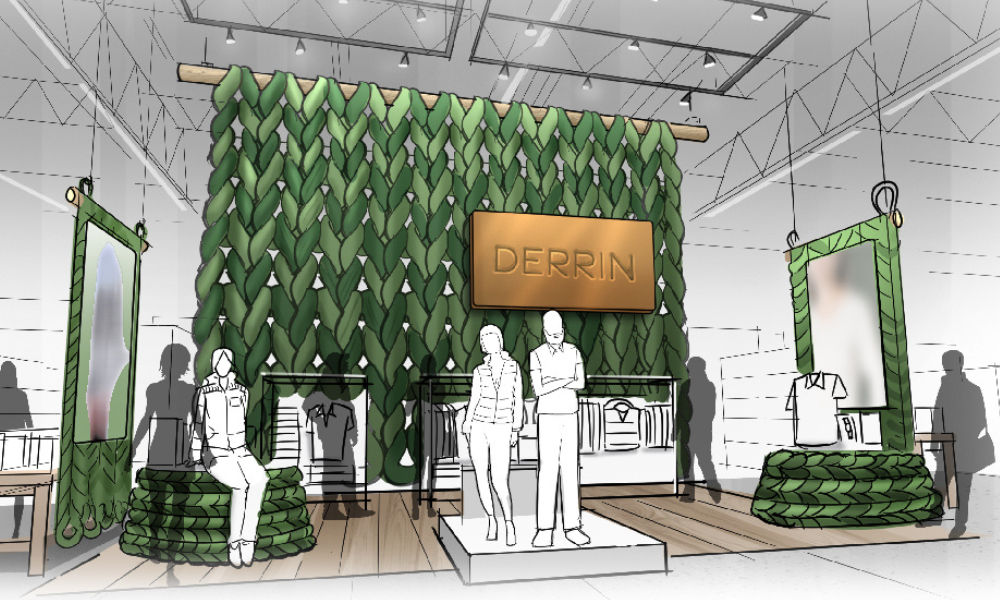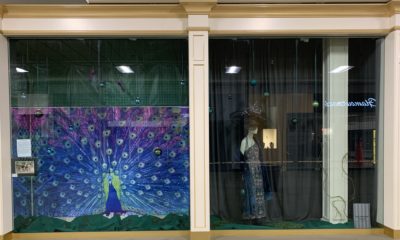THE INDIAN GOVERNMENT’S decision to relax the lockdown across the country has enabled stores offering non-essentials to reopen. According to Capgemini’s Research Institute, 89 percent of Indian consumers consider hygiene as their top priority and 75 percent will trust stores that adopt it. In the period of their closure, many new Indian consumers have adopted online and hybrid channels. This is endorsed by this study that estimates an increase of 64 percent in online shopping in the next six to nine months. This is compelling the entire Indian corporate and traditional retail industry to adopt technology geared to delivering new normal consumer shopping and fulfilment expectations.
This week saw India enter its lockdown “4 .0 phase” with the country being classified into three zones in terms of reducing contamination risk: red, orange and green. Now both offline and online stores are permitted to offer both essentials and non-essentials in all zones except containment zones while malls and shopping centers are closed everywhere.
Leading corporate and traditional retailers have adopted obsessive sanitization rituals for people, products and places to ensure customers feel safe and confident to enter stores. Interestingly, some of these open stores have reported 25-30 percent of regular footfalls, higher bill values, lower dwell time and close to 100 percent conversions, clearly indicating that consumers now shop with greater purpose. Researched understanding of expected consumer behavior is helping curate retail environments and processes for effective reopening.
Central to the Consumer
Central is a premium department store concept from Future Group, a leading retail conglomerate. Operating about 48 stores set at roughly 70,000 square feet each, the concept offers a portfolio of more than 500 fashion labels. Recently they reopened 10 standalone stores in green zones supported by a campaign: “Your safety is central to us.” Customers, with limited crowd control, are welcomed into the store past a screening station where thermal screening and hand sanitization is ensured. PPE is also made available in a vending machine at the entrance. A well thought out wayfinding and information signage program assists customers in quickly navigating across departments and services managed by staff specially trained for minimal contact service. A meticulously planned garments and dressing room sanitizing ritual assures safety for those who need it. An online portal, click-and-collect service, pre-booked shopping appointments and a new “store at your door” service (live, video-assisted shopping from home) offer a bevy of choices for the new normal.

Advertisement
Best Prepared to Sell
Bestseller India, which has a portfolio of brands like Jack & Jones, Vero Moda, Only and Selected Homme, retails from 1492 stores and shop-in-shops across 124 cities in India. Popular for cutting-edge fashion presented in experiential retail environments in their exclusive brand stores and shop-in-shops, the brand recently reopened five stores and 42 shop-in-shops in compliance with governmental health and safety guidelines. To build customer trust, stores have instituted crowd limit management, mandatory PPE, temperature monitoring, thorough sanitization of the store multiple times during the day, sanitization of dressing rooms and trial garments before and after use, 24-hour quarantine for tried garments, contactless payments at regularly sanitized billing stations, floor marking cautions for social distancing and a signage program to ensure compliance. Customers get a choice of shifting shopping channels across the physical store, online store, click and collect, WhatsApp-assisted shopping and home delivery from stores in their neighborhood.

Through Lens of Safety
Lenskart, the leading omnichannel eyewear solution company in India, is primarily driven through its website and mobile app to deliver about 6 million pairs of eyewear in a year. Interestingly, since they drive business by dividing the Indian market by Facebook population density, they have been able to keep connected with their target segment during the lockdown and enabling an online to offline sales ratio shift from 30:70 to 90:10. In the last one week Lenskart has reopened about 100 stores in green zones in compliance with all government safety and hygiene regulations. An integrated signage program helps customers shop safely and conveniently at the store. The existing DNA of tech-assisted phygital omnichannel service and augmented reality (AR)-driven, 3-D trial stations at stores enables the brand to adapt to a minimum-contact service model with ease. Added services like click-and-collect through curbside pick-up help complete customers’ new normal expectations.

Advertisement
Precious and Safe
Tanishq, the jewelry brand of the Tata group, retails from 328 store across 200 cities in India. For generations, it has earned a reputation for its superior craftsmanship and trustworthy quality. Recently, the chain opened 68 stores in green zones to serve customers in their area. Detailed safety manuals and videos have been institutionalized with training to ensure uncompromised standards in health and sanitation. Customers, limited to about six per store, are welcomed with thermal screening, recording of traceable personal data, offered disposable gloves and masks and required to view a safety video post entering the store. Appointment booking allows for convenient management of customer walk-ins. Though no changes have been made to the layout or density of merchandise, customer seating density has been reduced to ensure social distancing. Every piece of jewelry taken out of display cases for customers to view is sanitized in a safe zone before it’s replaced. Contactless payment, channels like online and soon-to-be-introduced live video assisted chats help stores stay connected with their customers during these times.

Conclusion
With discretionary spending on non-essential retail being most vulnerable to disruption from the outbreak, this segment is turning to innovations and technology to deliver new normal service expectations of hygiene, quick service, product availability, multichannel fulfilment and personal connections. In a future where, according to predictions by experts, about 20 percent of retailers will cease to exist, the survivors will be those that have transformed into adaptable, consumer-centric and resilient businesses that will continue serving Indian consumers for years to come.

 Photo Gallery1 week ago
Photo Gallery1 week ago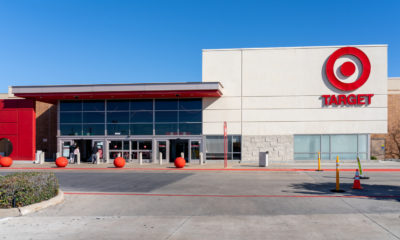
 Headlines3 days ago
Headlines3 days ago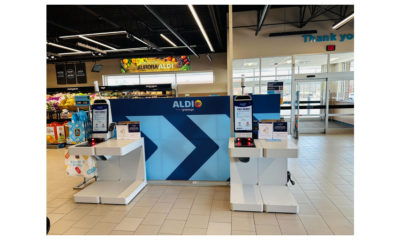
 Headlines1 week ago
Headlines1 week ago
 Headlines1 week ago
Headlines1 week ago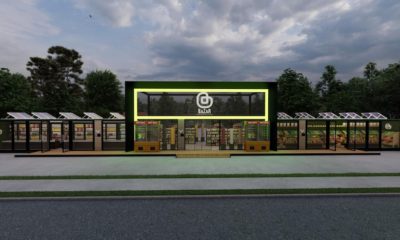
 Headlines1 week ago
Headlines1 week ago
 Designer Dozen1 week ago
Designer Dozen1 week ago
 Headlines1 week ago
Headlines1 week ago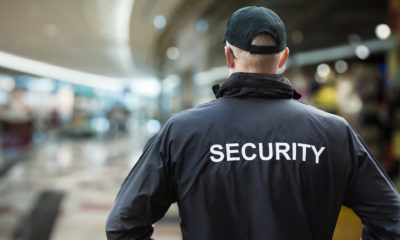
 Headlines1 week ago
Headlines1 week ago




